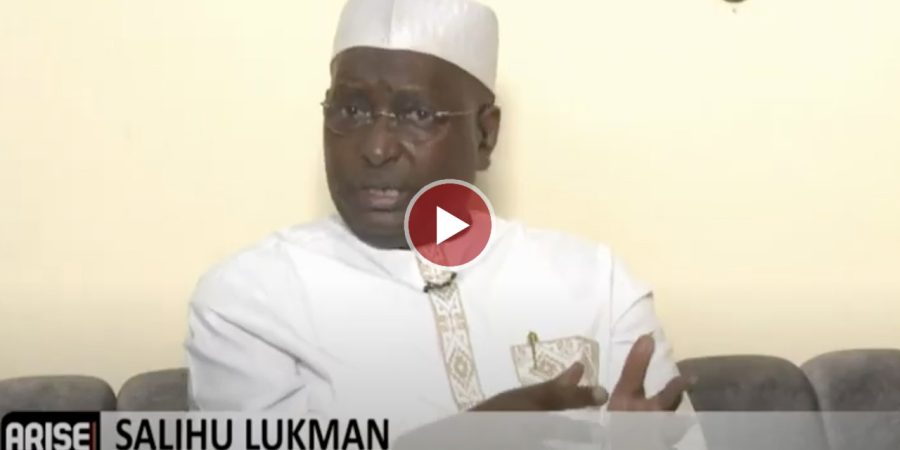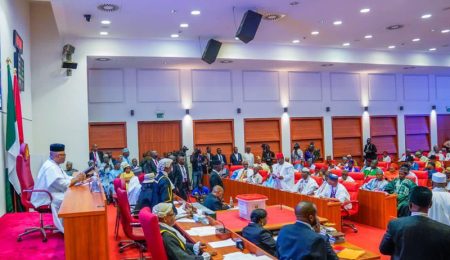Former National Vice Chairman of the All Progressives Congress (APC), Northwest, Salihu Lukman, has delivered an assessment of the party’s current state and its future prospects, asserting that the APC has derailed from its founding ideals and is now functioning more like a monarchy than a democratic political institution.
In an interview with ARISE News on Wednesday, Lukman, who resigned from the party following what he described as “betrayal of democratic values,” reflected on the legacy of former President Muhammadu Buhari, the power dynamics within the APC, and the future of political coalitions in Nigeria.
Lukman paid tribute to the late former President Buhari, acknowledging his contribution to Nigerian politics, but he emphasised that Buhari’s biggest strength was also his greatest weakness.
“The paradox of late President Buhari is that his weakness is his strength,” Lukman said. “His weakness is that he had this non-interventionist attitude, where he tolerated almost everything around him. And that appeared to be his strength… but that became the bigger challenge.”
Lukman argued that Buhari’s accommodating nature ultimately undermined effective leadership and party development.
“While President Buhari was alive, we were unable to use the freedom he has given all leaders to develop the party. Instead, what happened is that the party was sacrificed,” he stated.
He decried the current state of the APC, accusing the party of abandoning internal democracy and functioning only to serve the interests of a few.
“APC has crashed from a party with a lot of promises to almost a party that is more or less serving its organ, and more or less serving like a midwife,” Lukman lamented.
He was particularly critical of the party’s failure to evaluate its own government’s performance, saying, “When a party reduces itself to almost like a kind of cheerleader, singing praises of elected representatives… we can as well just have a monarchy.”
Lukman added that, under the APC, party organs have become dormant and ineffective, with decisions often being made without consultation or debate. “Most state governments don’t hold executive council meetings. The party organs don’t function,” he said.
Commenting on the recent resignation of Abdullahi Ganduje as APC National Chairman, Lukman remarked that the outcome was inevitable.
“Once you undermine agreement within the party… you make yourself vulnerable,” he said, referring to Ganduje’s alleged role in weakening internal party structures.
Having left the APC, Lukman highlighted his focus on building a new political coalition that avoids the pitfalls of the past.
“We don’t have somebody with the kind of intimidating profile as that of late President Buhari in the coalition,” he noted, suggesting that this could be a strength rather than a weakness.
“All the leaders of the coalition need to be humble and acknowledge that they need one another,” he said. “It’s not about succeeding to just defeat APC and President Asuwaju, but succeeding to produce a new, fresh political template that will begin to meet the expectation of Nigerians.”
He emphasised the need for collective leadership, internal democracy, and accountability, traits he believes the APC has sorely lacked in recent years.
Chioma Kalu
Follow us on:

